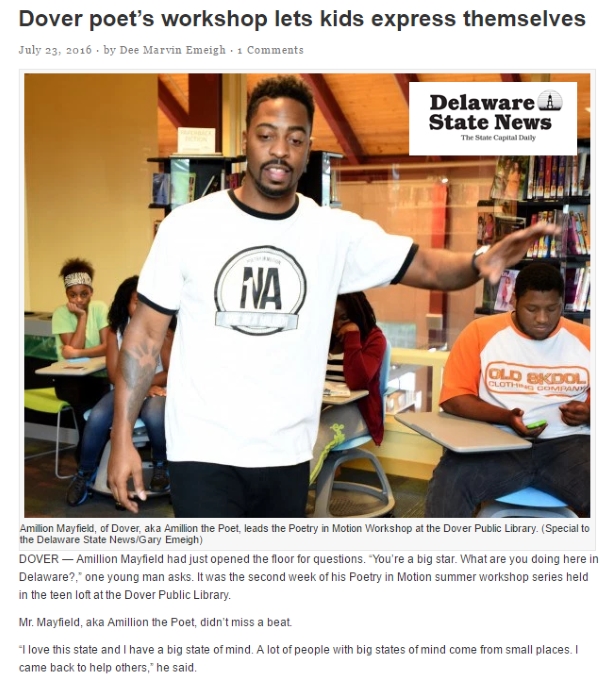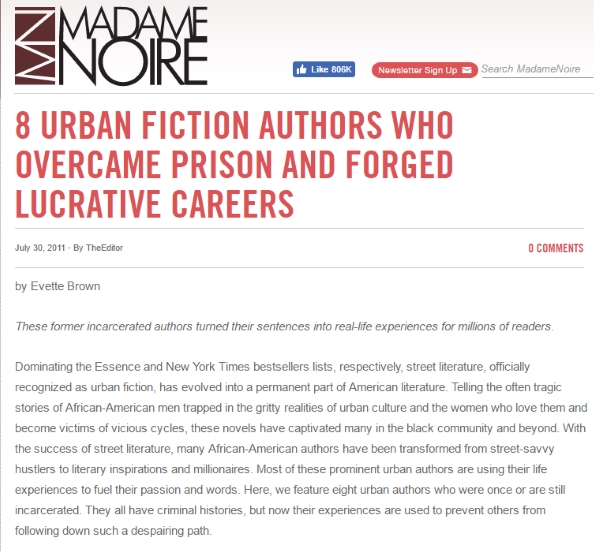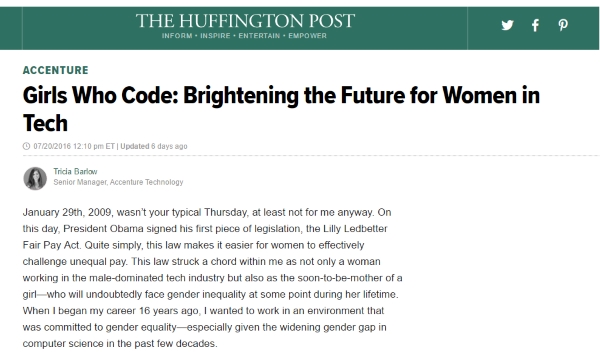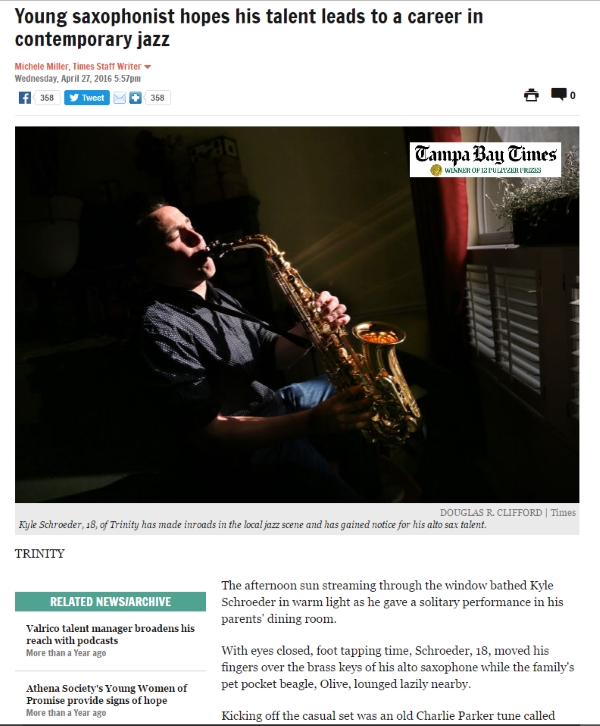For Immediate Release:
Dateline: Los Gatos,
CA
Tuesday, August 23, 2016
 One of the best ways to promote a book is to tie into the news. When you make yourself and the topic of your book newsworthy, you will get the free publicity you seek. Today, media veteran Chris Well ( @BuildYourBrandA) provides a guest post that details exactly what you need to do to gain media attention and exposure. When you have a book to promote, the last thing you want to do is promote your book. The media is almost never interested in the “I have a book” story. The decision makers at these outlets—including TV, radio, magazines, newspapers, websites, blogs, podcasts, and more—are looking for interviews and guests and news stories that will hold the attention of their listeners, viewers, or readers. Pitch a topic of interest to the audience—and pitch yourself as an expert. As the members of that audience get to know you through that story or interview, they’ll want to know more about you (and your book). Media producers generally pick topics or guests based on whether they’re “newsworthy.” As such, you’re competing with coverage of politics, crime, health, finances, and more. Unless it’s a really slow news day, you have to step up your game if you expect to compete with all that.
Pitch a topic of interest to the audience—and pitch yourself as an expert. Click To Tweet
Members of the media won’t care about you unless you explain why they should. It’s not their job to figure out why you’re interesting. When you make your pitch to producers, news editors, and reporters, they look for one of seven factors to determine whether what you’re suggesting is “newsworthy.” Your pitch doesn’t need all seven of these—but it should have one or more of them. Some items on the list will work better for you than others; once you learn what they are and how they work, you can determine which ones most suit your particular situation. 7 Things That Journalists Consider Newsworthy- Timeliness
For every story, the reader asks two things: Why am I reading this? and Why am I reading this now? This is why you almost never start at the beginning of the story, but with what’s happening right now. Zero in on what’s brand-new about your topic or your message. When appropriate, find ways to speak on current events in the news from your own particular expertise. Focusing on something other than your book stretches out your window of opportunity, because then it no longer matters whether your book is “new.”David Meerman Scott coined the term “newsjacking” to refer to the technique of inserting your own point of view into a breaking news story to get media attention. The fact is, when the news media are covering an ongoing story, they’re desperate for a different slant. If you can offer that different slant, everybody wins.This SlideShare presentation explains why this technique is so powerful. There are also several real-world examples to see newsjacking in action:
Is there a way your particular expertise lends itself to a topic that’s currently in the news? - Relevance
Often, a news organization may decide whether to follow a lead based on how relevant it is to the audience. This means either a “local” story or one that ties into the special interests covered by that media outlet.From your perspective, “local” can mean where you are local—but it’s also possible to pitch a local angle to media outlets in other areas. If you conduct a workshop at a school or speak at an event in their coverage area, that’s local to them.“Relevance” also can mean the shared interests of the audience. What’s considered newsworthy by a science fiction magazine is different than what would be newsworthy to a magazine about knitting, or a magazine about health issues, or a magazine about the Old West.In this example, the Delaware State News reported on how author and hip-hop artist Amillion the Poet led a free workshop for teens at the local public library:
Dover poet’s workshop lets kids express themselves (Delaware State News)

Can you think of an angle that’s relevant to the audience of your target media outlet? - Impact or Consequence
Whenever the media shares a story, members of the audience want to know what’s in it for them. How does this news or information affect the life of that reader, listener, or viewer? Will this impact them financially or politically? Does it affect their health or lifestyle? To harness this for your pitch or press release, find the angle that will change the lives of audience members.In this example, Forbes Magazine shares how parents should set ground rules for college-grad children to help them achieve financial independence, before they get stuck with the kids at home forever:How Boomer Parents Can Stop Babying Their Millennials Financially (Forbes)
 Can you pitch a topic that impacts the members of that audience in some way? Can you pitch a topic that impacts the members of that audience in some way? - Novelty or Rarity
People are always interested in learning about something new or unusual. However, remember that what’s remarkable to you isn’t necessarily remarkable to them. You may think it’s pretty remarkable that you wrote a book, but lots of people have written books. “I have a book” is only unique if you live in a small town where it’s unusual for somebody local to have a book, or if you overcame some uncommon circumstance to publish your book. Figure out an angle related to your topic of expertise that focuses on something rare or unusual.This example from Madame Noir features several authors who are using their real-life prison experiences to fuel their fiction, while also encouraging readers to avoid the same fate.8 Urban Fiction Authors Who Overcame Prison and Forged Lucrative Careers (Madame Noir)
 What topic would strike an audience as out of the ordinary? What topic would strike an audience as out of the ordinary? - Conflict
Does the angle you’re pitching have any inherent drama? Are there opposing forces? Is there a problem that needs to be overcome? The conflict may be physical, emotional, or ideological. It can also take many shapes, including: person vs. person, person vs. society, person vs. a corporation, person vs. nature, or person vs. change/progress. If you’re going to pitch your topic as a “conflict,” find two sides that are working against each other.This example of conflict from Huffington Post shares how women are dealing with being underrepresented in the fields of technology and computer science:Girls Who Code: Brightening the Future for Women in Tech (HuffPost)
 Can you pitch a topic that involves a dramatic conflict between sides? Can you pitch a topic that involves a dramatic conflict between sides? - Human Interest
A human interest story—sometimes also referred to as “soft news” or a “feature story”—drives sympathy or empathy with the audience. These stories move the reader or listener or viewer in an emotional way. These kinds of stories are often used to put a face on a broader topic—for example, when covering a disaster, a news organization will also be on the lookout for individual stories of people who were affected by that disaster. If you want to pitch a human interest story, come up with a compelling personal angle for your news pitch.Here’s an example of a human interest story from the Tampa-Bay Times. It’s a feature about a high school senior pursuing a career in jazz, even as he balances school, a part-time job, and college auditions.Young saxophonist hopes his talent leads to a career in contemporary jazz (Tampa Bay Times)
 Can you pitch a human interest angle around yourself or that ties into the theme or topic of your book? Can you pitch a human interest angle around yourself or that ties into the theme or topic of your book? - Celebrity
Even if you’re not famous, you may still find a way to tie-in prominent people with your pitch. Depending on the audience, “celebrity” can means many things, including politicians, athletes, entertainers, or anyone else who is well-known in certain circles. To use this criterion for your pitch, connect yourself or your story to a prominent person. Maybe you received an endorsement. Maybe you and this famous person spoke at the same event. Is there a photo opportunity? Just because you’re not a celebrity doesn’t necessarily mean you can’t use this news hook—it just means that you have to associate yourself somehow with a celebrity. (But don’t stalk them.)Our example here is a conference named Content Marketing World, the premier event for those who work in the content marketing space. CMW features dozens of notable speakers every year, including such keynote speakers as Kevin Spacey, John Cleese, and Mark Hamill. You know that attendees will want to network—and more importantly, associate themselves—with leaders (and celebrities) in their field.Content Marketing World
 How can you network with or associate yourself with a notable figure in your field of expertise? How can you network with or associate yourself with a notable figure in your field of expertise?
What Do I Do Now?On a sheet of paper, write down these seven different criteria. Next to each one, write down how you can use each item as a conversation starter to demonstrate your expertise in your subject. Find out how many ways you can move beyond “I have a book” to a topic that intrigues an audience and makes them want to know more about you—and your book. About the Author Chris Well Chris Well is a media veteran who has worked more than 30 years in professional media. He’s been a magazine editor, columnist, journalist, broadcaster, and college instructor, with field experience covering music, publishing, human interest, and more. (There was even that time he was the editor of a bridal magazine.) Also a published novelist, Chris has written suspense and mysteries for traditional publishers and as a self-published author. Visit him online at BuildYourBrandAcademy.com or connect with him on Twitter at @BuildYourBrandA. Photo courtesy of stevepb / Pixabay.comThe post 7 Essential Ways for Authors to Be Newsworthy appeared first on Write Nonfiction NOW!.
Nina Amir, the bestselling author of How to Blog a Book and The Author Training Manual, is a speaker, a blogger, and an author, book, blog-to-book, and high-performance coach. Known as the Inspiration to Creation Coach, she helps creative people combine their passion and purpose so they move from idea to inspired action and positively and meaningfully impact the world as writers, bloggers, authorpreneurs, and blogpreneurs. Some of Nina’s clients have sold 300,000+ copies of their books, landed deals with major publishing houses and created thriving businesses around their books. She is the founder of National Nonfiction Writing Month, National Book Blogging Month, and the Nonfiction Writers’ University. As a hybrid author she has published 15 books and had as many as four books on the Amazon Top 100 list at the same time.
|